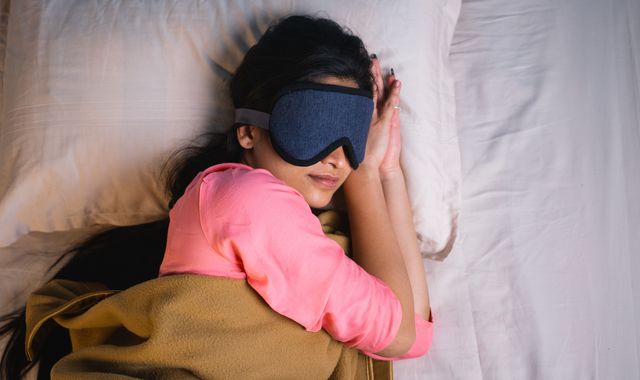Scientists have found that a diagnosis of a sleep disorder made people up to twice as likely to develop a neurodegenerative disease, such as dementia, in the following 15 years.
The study, carried out by Cardiff University’s UK Dementia Research Institute and the NIH Intramural Centre for Alzheimer’s and Related Dementia (CARD) in the US, is one of the largest to date.
Researchers investigated whether disrupted sleep is an early sign of neurodegeneration or makes someone more likely to develop dementia later.
They used data from over one million electronic health records to map out the relationship between the different neurodegenerative diseases and sleep disorders.
The risk of dementia was further increased for people recorded as experiencing multiple sleep disorders.
The findings also revealed that sleep disorders increased the risk of Alzheimer’s and Parkinson’s, irrespective of genetic risk.
Sleep disorders and genetics are likely to be influencing the risk of diagnosis independently of each other, according to the study.
Dr Emily Simmonds works as a bioinformatician at the UK Dementia Research Institute.
She said scientists “wanted to understand the complicated relationship between sleep and dementia”.
“People living with dementia often experience sleep problems, but there is not yet enough evidence to say for sure whether poor sleep increases risk of dementia,” she said.
Read more from Sky News:
Drought declared in North West England
Gary Lineker urges PM to ‘end UK complicity’ in Gaza
Dr Simmonds said the team “set out to see if we could figure out what order these things are happening”.
“By using biobank data, we had timestamped records of when people had sleep disorders, and exactly when they were subsequently diagnosed with a neurodegenerative disease – rather than relying on self-reporting,” she added.






























